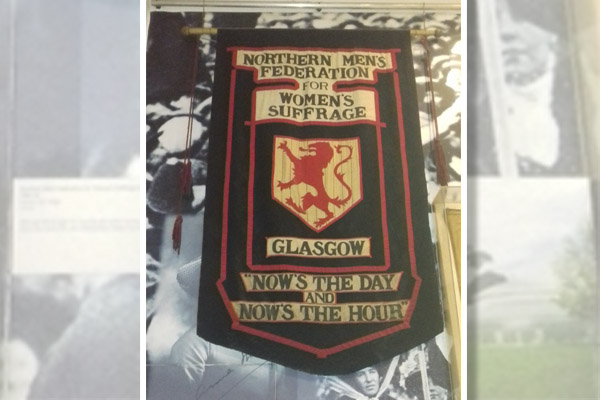Common Writing Oversights

I thought it would be interesting — and useful! — to highlight some common writing oversights we see in “Friend” fiction submissions, whether they be short stories or serials.
Backstory
Character backstory can’t be overlooked in short stories. Writers are often so eager to tell their tales that they jump right into a scene, with no insight into who the characters are, and what their goals might be. The reader doesn’t need to know about what the heroine had for breakfast, or the name of her favourite pet. But a little background information will help the reader identify with them.
Predictability
Avoid writing, characters or storylines that offer nothing new to the reader. Clichés are clichés for a reason. Remember: our stories aren’t all about grandparents, widows and widowers who frequent charity shops. Mixing up characters and settings can make for some interesting and dynamic reading.
We have a character called Prudence who appears in the magazine from time to time, for example. She’s in her late seventies, lives in a quiet neighbourhood residence, and is a doting grandmother. Oh, and one other thing – she’s a retired secret service spy, who still does occasional field work, whether it’s a counter terrorism operation or a rescue missions. Not your typical grandmother, that’s for sure.
Curtains And Endings
A serial curtain is how the writer finishes an instalment, highlighting what will occur the following week. This, as you can imagine, has to be a hook to draw the reader back. It doesn’t have to be a melodramatic curtain, but it will still hold intrigue, and question what lies in front of a character. If in doubt, finish with a question.
It’s one of the most important parts of a story, yet writers often overlook the ending. Here are some words summing up favourable “Friend” endings: fairness, feel-good, justice, satisfaction. What shouldn’t you do? Don’t leave the reader “hanging” by offering an ending that simply peters out, with no sense of resolution.
Avoiding these common writing oversights will certainly help your story flow much better — and be more popular with our readers!
For more hints, tips and tricks to help you get your fiction published in “The People’s Friend”, visit our writing tools pages.











